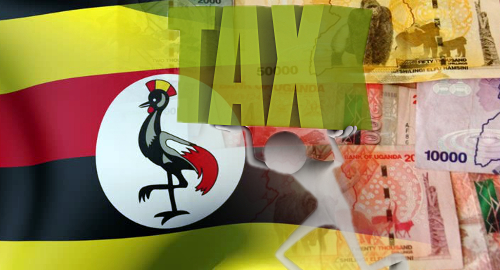 Gambling is a threat to Uganda’s national security, at least, according to the country’s top military commander.
Gambling is a threat to Uganda’s national security, at least, according to the country’s top military commander.
Uganda has a thriving gambling industry, with local gamblers able to partake in a variety of gaming options, including 12 casinos, 40 licensed sports betting operators, a national lottery as well as online gambling sites. The National Lotteries and Gaming Regulatory Board estimated last year that Ugandans spend an annual Shs150b (US $41.5m) on gambling but the potential social cost of this activity has prompted a local general to wonder why the government thinks the activity should be permitted.
On Monday, AllAfrica.com quoted the Uganda People’s Defence Forces’ Commander of Land Forces, Maj. Gen. Peter Elwelu, telling local media that betting is “a game of the rich” and that the government’s approval of gambling had made many Ugandan youth poorer. Elwelu believes this threatens public security, since poor people were inclined to “rob or steal” to earn money to partake in gambling activity.
The Ugandan Revenue Authority (URA) reportedly responded to Elwelu’s remarks by saying it shared the general’s concerns but said regulating and taxing gambling was a better way to manage the activity than prohibition.
Last week, Uganda’s Ministry of Finance proposed amending the Income Tax Act to split the gambling tax burden between operators and gamblers. Ugandan gaming operators currently pay 35% tax on their gambling revenue, a rate that many operators claim is unsustainable.
The proposed Income Tax (Amendment) Bill 2017 stipulates that “a person who makes payments for winnings of sports betting or pool betting shall withhold tax on the gross amount of the payment, at the rate prescribed in Part X of the Third Schedule to this Act.” The proposed rate of tax on gambling winnings would be 15%, while operators would see their tax rate reduced to 20%.
State minister for planning David Bahati told legislators that the current 35% rate for operators “was becoming problematic to implement.” The rationale for “spreading” the pain between operators and gamblers was to “let each one of them bear the burden of tax.”
Uganda’s regulatory approach differs significantly from that of neighboring Kenya, which last month announced plans to impose a uniform tax rate of 50% on all forms of gambling, which in some cases had previously enjoyed a rate as low as 5%. Local operator SportPesa has mounted a legal challenge of the new rates, claiming the finance minister lacks the constitutional authority to jack up the rates without a vote in parliament.